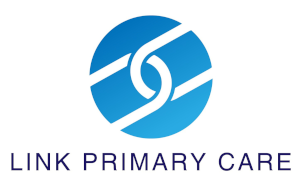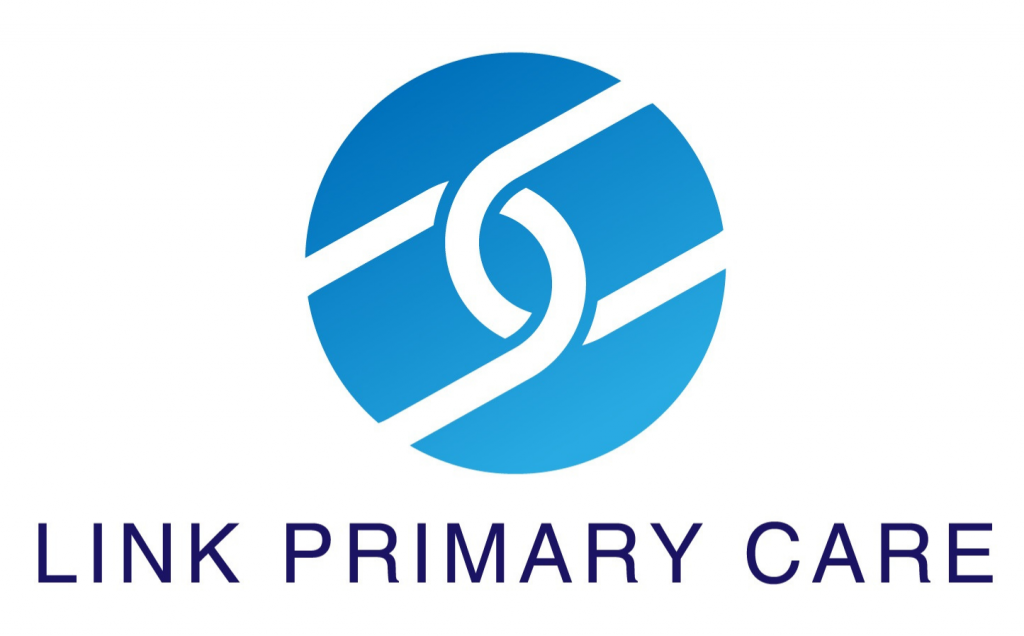If you’re struggling with migraine headaches, you’re not alone. Managing migraines involves both preventing them and treating symptoms as soon as they arise. This blog will explore practical migraine prevention techniques and effective treatments to help you find relief.
Let’s dive into what causes migraines, how to prevent them, and treatment options.
For more information, here’s a great primer from the American Migraine Foundation:
https://americanmigrainefoundation.org/migraine-101/
Understanding Migraines: Symptoms, Causes, and Triggers
Migraines aren’t just bad headaches—they’re complex neurological events. Migraines often include throbbing pain on one side of the head, nausea, and sensitivity to light or sound. Many people also experience “aura” symptoms, such as visual disturbances or tingling, before the headache begins.
Common Migraine Triggers
Migraine triggers can vary significantly. Here are some of the most common:
- Hormonal changes: Especially common in women, hormonal shifts can trigger migraines.
- Dietary factors: Caffeine, alcohol, chocolate, and processed foods may prompt migraines.
- Environmental factors: Bright lights, strong odors, and loud noises can provoke migraines.
- Stress: High-stress levels can lead to headaches and migraines.
- Sleep patterns: Both too little and too much sleep are common triggers.
Prevent Migraines: Lifestyle Changes and Tips
Managing migraines starts with prevention. By modifying lifestyle habits, you can reduce migraine frequency and severity.
1. Manage Your Stress Levels
High stress is a common migraine trigger. To manage stress:
- Practice relaxation techniques: Deep breathing, meditation, and progressive muscle relaxation can help.
- Stay active: Regular physical activity releases endorphins, helping to reduce stress.
- Establish a daily routine: A structured schedule can reduce the stress of unexpected events, decreasing the frequency of migraines.
2. Maintain a Consistent Sleep Schedule
Good sleep hygiene can prevent migraines. Irregular sleep is a common triggers.
- Go to bed and wake up at the same time: A consistent routine supports balanced brain function.
- Avoid screens before bedtime: Blue light can disrupt your sleep cycle, you should stop watching at least 1 hour before going to bed.
- Create a relaxing environment: Keep your bedroom cool, dark, and quiet.
3. Keep Track of Dietary Triggers
Certain foods are linked to migraines. Common culprits include caffeine, alcohol, processed meats, and foods with artificial sweeteners.
- Keep a food diary: Track what you eat and any associated migraine symptoms.
- Limit caffeine and alcohol: Too much of either can trigger migraines.
- Choose whole foods: Fresh vegetables, fruits, lean proteins, and whole grains are often safer choices.
4. Stay Hydrated
Dehydration is another common trigger. Drinking enough water daily can make a big difference.
- Set reminders to drink water throughout the day.
- Carry a water bottle with you: This makes hydration easier to manage.
Even mild dehydration can contribute to migraines, so aim to stay consistently hydrated.
5. Exercise Regularly
Physical activity can reduce the frequency and intensity of migraines.
- Choose low-impact exercises: Walking, swimming, and cycling are great options.
- Practice regularly: Aim for at least 30 minutes of exercise most days.
- Listen to your body: Avoid overexertion, which may worsen symptoms.
Exercise also reduces stress and promotes better sleep, contributing to fewer migraine episodes.
6. Protect Your Environment
Sensory triggers like bright lights, loud noises, and strong smells can provoke migraines. Try these protective measures:
- Wear sunglasses outdoors: This reduces exposure to bright light.
- Use earplugs: Noise-reduction strategies can help in loud environments.
- Avoid strong scents: Be mindful of perfumes or household chemicals.
Treat Migraines: Current Options
Even with preventive strategies, migraines may still occur. Luckily, medical treatments can effectively manage symptoms.
1. Over-the-Counter (OTC) Pain Relievers
OTC medications are often the first line of defense. Some effective options include:
- Ibuprofen and aspirin: These can reduce pain and inflammation.
- Acetaminophen: Another simple option for pain relief.
2. Prescription Medications for Migraine Relief
If OTC medications aren’t effective, prescription drugs may help.
- Triptans: These are designed specifically for migraines and can relieve symptoms.
- Ergotamine drugs: These target blood vessels and can reduce migraine pain.
- Anti-nausea medications: For those experiencing nausea with migraines, these can provide relief. Some of these medications can stop the headache entirely.
Combinations of these medications are often effective to stop migraines and help the symptoms.
3. Preventive Medications
Preventive medications reduce the frequency and intensity of migraines.
- Beta-blockers and calcium channel blockers: Commonly prescribed for high blood pressure, they also prevent migraines.
- Antidepressants: Certain antidepressants help stabilize serotonin, reducing migraine occurrences.
- Anticonvulsants: Anti-seizure medications like topiramate can reduce migraine frequency.
These medications are usually recommended for people experiencing frequent and debilitating headaches.
4. Botox Injections
Botox is FDA-approved for chronic migraine treatment. Botox injections help relax muscles and nerves involved in migraines. This option is typically considered for individuals with frequent migraines (15 or more per month).
5. CGRP Inhibitors
Calcitonin gene-related peptide (CGRP) inhibitors are a newer class of drugs. CGRP inhibitors specifically target migraine pathways in the brain. This treatment may be an option for patients that don’t get relief with traditional therapies.
Alternative Therapies for Migraine Management
In addition to medications, alternative therapies can also provide migraine relief.
1. Acupuncture
Acupuncture involves inserting tiny needles into specific points on the body. This treatment helps reduce migraine frequency for some patients.
2. Biofeedback
Biofeedback teaches you how to control physiological responses, such as muscle tension and heart rate. This technique can be helpful for managing migraines triggered by stress.
3. Cognitive Behavioral Therapy (CBT)
CBT focuses on changing thoughts and behaviors to reduce stress. For people whose migraines are triggered by stress, CBT can be a powerful tool.
4. Supplements
Some supplements may reduce migraines, but not all are well-proven treatments.
- Coenzyme Q10: Small studies show effectiveness in treating headaches.
- Magnesium supplements: Studies show mixed results in treating migraines.
- Riboflavin (Vitamin B2): Some studies show riboflavin can reduce migraine frequency after three months of therapy.
When to Seek Medical Help for Migraines
If migraines disrupt your life, medical attention can help you. At Link Primary Care, we understand how challenging migraines can be and offer a personalized approach to migraine management.
Contact us if you experience:
- Frequent or severe migraines: Occurrences more than once a week can indicate the need for medical treatment.
- Side effects from current medications: If your medications are causing adverse effects, a doctor can adjust your regimen.
- Inability to get appointments with your primary care doctor or specialist: We pride ourselves on fast and easy access to a caring team that knows you.
Don’t let migraines control your life—contact us now for personalized, professional care.
If you’re looking for relief from migraines, we are here to help. Whether you need guidance on preventive measures or are seeking effective treatments, our compassionate team is ready to support you.
Schedule a one-on-one consultation with Dr. Jeffrey Davis today to start your journey to a migraine-free life.
https://calendly.com/jeffreydavis-linkprimarycare/link-primary-care-meeting
Get more information on our website at linkprimarycare.com


